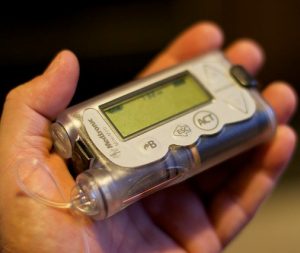Who Can Access My Facebook After My Death?
We are living two lives, one in tangible form and the other in digital persona. According to statistics, 66.8 percent of the population in Canada accessed social media in the year 2019. It is expected that by 2025 the percentage would increase to 81.5 percent. Most Canadians have social media accounts on Facebook, Instagram, and others. But who owns our digital accounts post our death? Does post-mortem privacy prevent the right to access these digital assets?
Post-mortem Privacy
There have been several instances where the parents of a pre-deceased child wish to use or see the content of the deceased’s social media account. Does accessing this information violate the post-mortem privacy rights?
 In Canada, for private sectors, personal information cannot be disclosed without one’s knowledge or consent under the Personal Information Protection and Electronic Documents Act (PIPEDA). The Act is applicable when a Canadian’s personal information is collected …
In Canada, for private sectors, personal information cannot be disclosed without one’s knowledge or consent under the Personal Information Protection and Electronic Documents Act (PIPEDA). The Act is applicable when a Canadian’s personal information is collected …
 Clubhouse Privacy Policy –
Clubhouse Privacy Policy –
 In 2015, a Swiss-based medical company used the photo of a child without her mother’s consent to propagate pre-natal tests for down syndrome. It was a shocking incident as the personal information of the child who was a Canadian citizen went viral on social media. What remedies did the family have under Canadian law to remove the content about their child?
In 2015, a Swiss-based medical company used the photo of a child without her mother’s consent to propagate pre-natal tests for down syndrome. It was a shocking incident as the personal information of the child who was a Canadian citizen went viral on social media. What remedies did the family have under Canadian law to remove the content about their child?